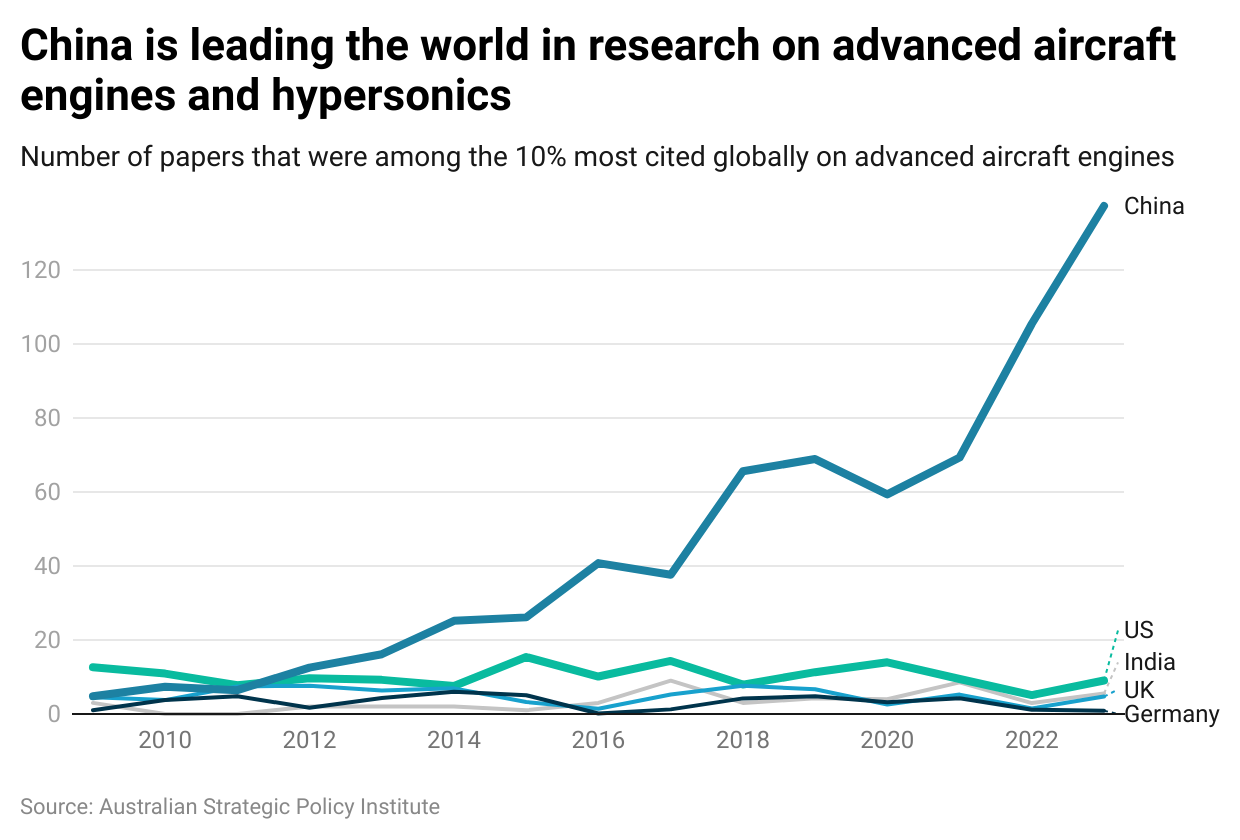How Trump 2.0 Could Herald a New Age of Authoritarian Capitalism

Authoritarian Capitalism on the Rise
The Re-election of Trump and the Global Impact
As Laurie Macfarlane observes, the re-election of Donald Trump is a disheartening turn of events for observers outside the US. Despite ample evidence of felonious conduct and unprecedented attacks on the democratic process, Trump managed to secure a second term, not due to Russian interference or an uneducated electorate, but rather because the underlying forces that propelled him to power remain unaddressed.
The re-emergence of Trump is part of a broader trend of right-wing populism sweeping the West. This resurgence poses significant challenges to the global economy and the preservation of peace, prosperity, and the planet.
China's Rise and the Shift in Global Power
The rise of China as a major economic and technological force has been a key factor in Trump's ascendancy. China's success has challenged the orthodoxies of neoliberalism and forced Western governments to adopt more interventionist policies.
Trump's "trade war" with China was not primarily about trade or jobs but an attempt to constrain Chinese development and prevent it from emerging as a rival technological power.
The Return of the State and Biden's Industrial Policy
In response to China's rise and other challenges, the Biden administration has adopted an industrial policy similar to Trump's, focusing on investment in green technologies and manufacturing. The Inflation Reduction Act is a notable example of this shift.
While Biden's policies have stimulated economic growth, they have not fully addressed the underlying economic and social problems that paved the way for Trump's return.
Trumpism 2.0: A More Extreme Agenda
Trump's second term is likely to witness a doubling down on his signature policies, such as tariffs, drilling for oil, mass deportation of undocumented migrants, and a confrontational stance towards global trade partners.
Trump's aggressive economic policies have the potential to harm both the US and its trading partners, and could also lead to a "technological cold war" with China.
Europe's Predicament
Europe is caught in a crossfire between China and the US, lacking the technological dynamism to compete with either superpower and facing increasing pressure from far-right parties with connections to Trump.
The escalating conflict between the US and China presents difficult choices for Europe, which could face retaliatory tariffs or economic consequences from both sides.
Britain's Alignment Problem
Brexit has left the UK exposed and vulnerable to economic pressures from both the US and the EU. The Starmer government will likely have to align with one bloc to avoid severe consequences, but either choice will be politically fraught.
The presence of far-right parties and potential influence from figures like Elon Musk further complicates the UK's position.
Global Fractures and the Weakening of Western Influence
The rise of China and the ongoing political turmoil in the US are raising questions about the future of the American century.
Despite efforts by Biden to repair US prestige on the world stage, polls indicate that many countries believe China will surpass the US within a decade and prefer to maintain neutrality in any potential conflict.
The prolonged souring of relations among Western countries would further benefit China and hasten the transfer of global power.
A Wake-Up Call for Progressives
Trump's re-election highlights the need for progressives to address the underlying economic and political problems contributing to the rise of authoritarianism.
Deflecting grievances towards external bogeymen has allowed the authoritarian right to exploit popular frustrations. Progressives must focus on tackling inequality, environmental destruction, and corporate power.
Protecting civil liberties and the right to protest will be essential to resisting the authoritarian right. Progressives must develop new strategies and policies to challenge this distinct political economy.